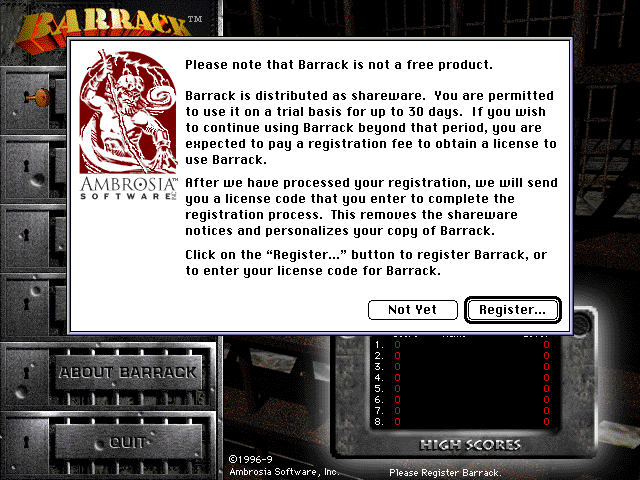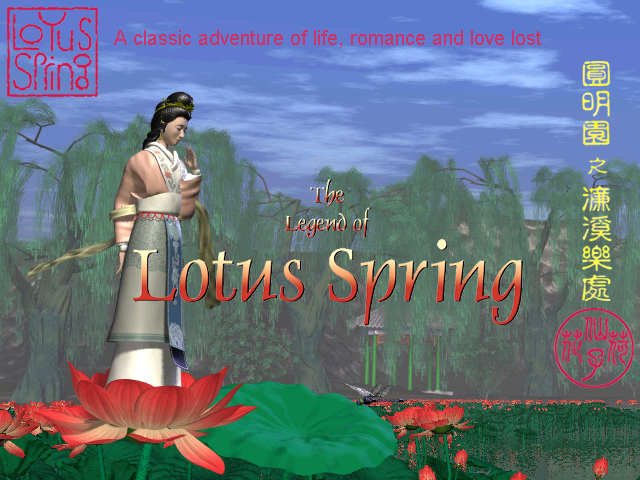When a re-release gets unreleased 
One of the post tags on this blog is “still sold,” which I use to indicate games that are still commercially available in some form. Usually, the games were re-released on a digital platform like GOG.com, or they’ve been ported to mobile. Occasionally, they’re still sold through the original developer’s website. It’s worth supporting developers and publishers who go through the effort to make old games available and working on modern platforms, even in cases where the rights might have been snatched up by some larger publisher.
From time to time, I’ve gone back to older posts to add the “still sold” tag them, like Lighthouse: The Dark Being, which was officially re-released a few years ago. But there’s also an alarming movement in the other direction – games that go back out of release. » Read more about When a re-release gets unreleased




